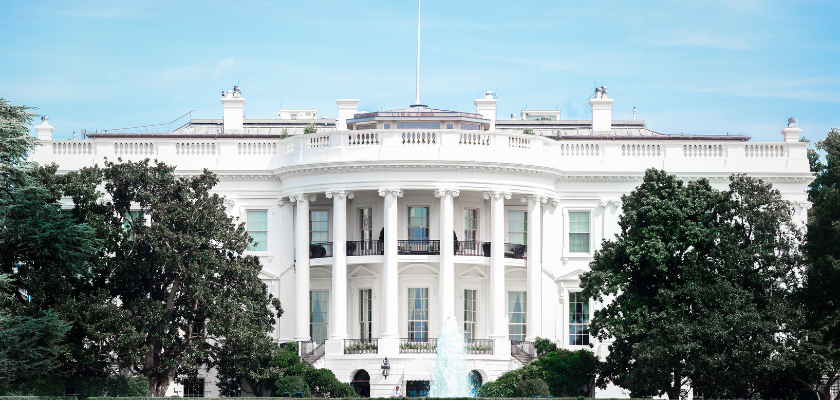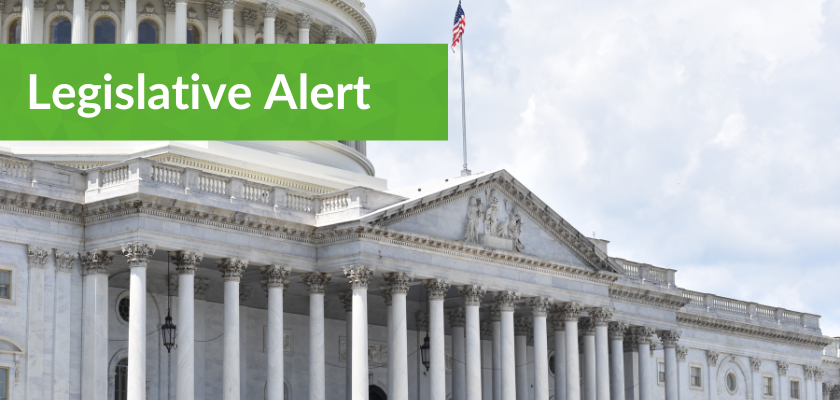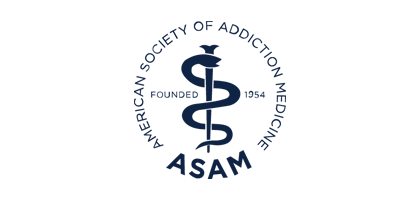News
New Report Recommends Actions to Address Cannabis Policy Impacts to Public Health and Health Equity

The National Academies of Medicine recently released a report titled “Cannabis Policy Impacts Public Health and Health Equity.” The report builds on a 2017 report about the health impacts of cannabis use. The new report notes that with more than half of US states legalizing cannabis use for medicinal or recreational use, the commercial markets that have emerged have complex policies surrounding cultivation, processing, manufacturing, distribution, marketing, and sales. Additionally, the report notes that because marijuana is illegal at the federal level, federal guidance has been minimal and where it has surfaced, the focus has been on sales rather than public health.
Given the absence of federal public health guidance, the pace of state legalization efforts that have mostly avoided strong public health guardrails, greater social acceptance of cannabis, social justice efforts to address the failed war on drugs, the documented health effects of cannabis consumption, and a federal proposal to move marijuana to Schedule III of the Controlled Substances Act (CSA), the Centers for Disease Control (CDC) and the National Institutes of Health (NIH) commissioned a report to consider a public health approach to cannabis policy.
The report begins with a review of cannabis policy, reviews cannabis consumption and markets in the United States, analyzes the core public health functions alongside cannabis policy, discusses how cannabis policy influences social and health equity, and reviews available and needed research on cannabis policy.
Included within the report are twelve recommendations. They are abbreviated below:
- Congress should refine the definition of “hemp” so that tetrahydrocannabinol (THC) and semisynthetic THC derived from hemp are not exempt from the CSA;
- CDC should conduct research on and develop best practices for protecting public health for states that have legalized cannabis;
- The National Governors Association, National Council of State Legislatures, and other public stakeholders should develop model legislation to incorporate CDC’s best practices;
- The CDC should create an adaptable public health surveillance system for cannabis;
- State cannabis regulators should adopt and enforce product quality and analytical standards for cannabis to ensure quality and safety of products;
- State regulators should require training and certification for staff of retail cannabis outlets that address the health impacts of cannabis, prevention of sales to minors, warnings about impaired driving, cannabis use in pregnancy, high-potency products, and how to recognize signs of impairment;
- The CDC should develop targeted public health campaigns directed toward parents and vulnerable populations about cannabis risks and risk mitigation;
- Congress should remove restrictions on the Office of National Drug Control Policy (ONDCP) from studying the impacts of cannabis legalization;
- Jurisdictions should gather and report detailed information about the use of criminal enforcement tools to enforce cannabis policies and make it public;
- State regulators should engage affected community members, and systematically evaluate, and revise, if necessary, their cannabis social equity policies to meet stated goals and avoid unintended consequences;
- Criminal justice reforms should be implemented, and records expunged/sealed automatically for low-level cannabis offenses in states that have legalized or decriminalized adult use and sale of cannabis; and
- NIH, CDC, and state/local/tribal health authorities should support a research agenda focused on:
- Public health consequences of different approached to cannabis regulation;
- Efficacy of tests used to determine cannabis impairment;
- Health effects of cannabis use by specific populations;
- Health effects of emerging cannabis products; and
- Mitigation of the risks of cannabis use.
The full report can be found here.
ASAM’s public policy statement on cannabis can be found here.
ASAM’s comments on the proposed effort to reschedule cannabis can be found here.







